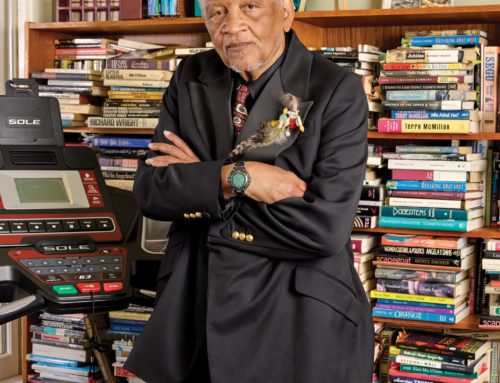The premise of No One Writes Back is set out in its opening sentences, the narrator, Jihun, explaining:
I left home with an MP3 player and a novel in an old backpack. And with Wajo.
But No One Writes Back is less road-novel than end-of-the road novel: he’s been at this for three years already, and the novel follows only the few last stops of what has been a long voyage (with a bit of recollection, presenting who and what he has encountered along the way).
After the two introductory sentences, the novel then proceeds in short, numbered chapters (or episodes) — 152 of them — in which Jihun describes his final peregrinations with Wajo (his blind dog).
The reasons for his wanderings are only slowly revealed, but, unsurprisingly, one gets a sense he’s looking for something. Very early on he hints at some of the surrounding issues:
I had to give up or set aside many things to come on this journey: home, family, friends, a job, and love. In the first place this journey wasn’t meant as a means to gain something. I embarked on the journey to rid myself of things, and it could only really begin when I did so. Still, there’s probably a bit of something I hope to have gained by the end of the journey. If there is, it’s probably something like quiet stability.
Obviously, being on the road, and going from motel to motel is not the way to get “quiet stability”. As to what he wanted to get rid of, that’s not made clear (until the end, when all the pieces fall into place). His trek, and how he explains it, has the appearance of a sort of pilgrimage, leaving behind worldly things and human ties, but it’s clear that there’s more to it than that. Indeed, he seeks out connection — and admits that: “for me, letters are daily necessities”, as his daily routine includes writing a letter. He compares his letter-writing to journal-keeping — the same kind recording of his day: “The only difference is that the day does not stay with me, but is sent to someone else”
So Jihun is literally reaching out daily — yet he’s still wandering about alone (well, with the blind dog).



